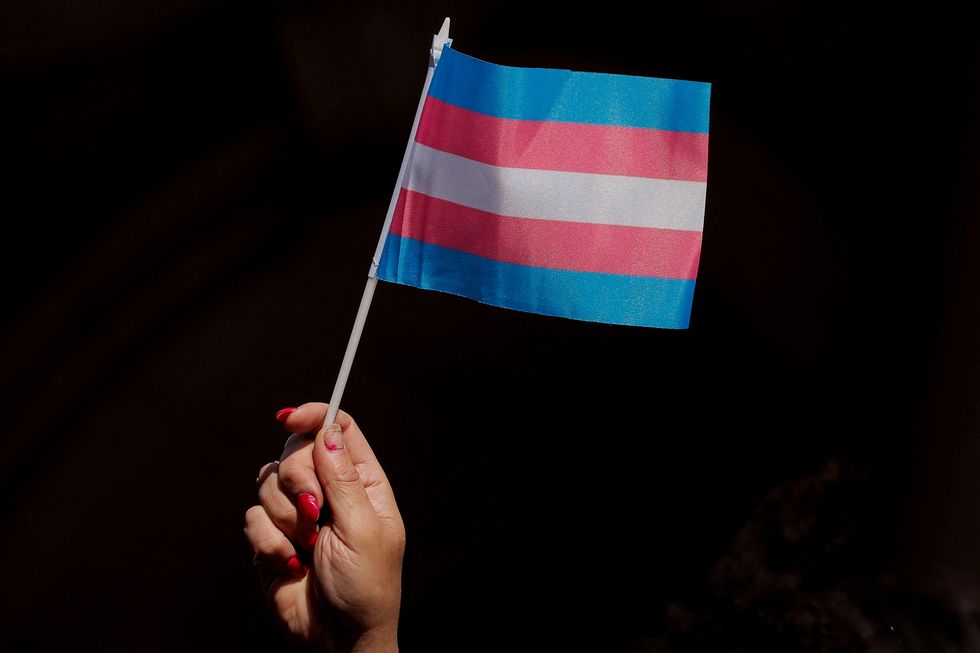Don't Miss
Most Read
Trending on GB News
An expert has said Scottish people should be able to alter their legal sex an unlimited amount of time throughout the entirety of their lives, because some people "change their minds" about whether they are male or female.
Professor Sharon Cowan, an academic from the University of Edinburgh's school of law, urged for an overhaul of gender laws, in a move to accommodate some transgender people who have a "shifting sense" of identity.
The Scottish National Party wants to enable Scottish people to change their legal sex by signing a declaration, and lower the period in which someone must live in their "acquired gender" from two years to three months, before a further three-month "reflection period".
Under current plans, the current required diagnosis of gender dysphoria would be disregarded, with anyone found making a false declaration set to face a jail sentence of up to two years.
Specialist in feminist and queer legal studies, Professor Cowan, stated how the safeguards were unnecessary and there was no reason a person's sex should be "locked down" for the entirety of their life.
In a written statement to MSPs, Professor Cowan said: “In my research, I have found a certain degree of flexibility in people’s sex/gender identifications across their life courses between being cisgender, transgender, non-binary or gender fluid.
“It seems unnecessary to enforce upon people a permanent administrative categorisation that does not acknowledge this. Those who want to remain in that sex/gender will do so, and those who do not, will not, regardless of such a legal declaration.”
She added: “I would be wary of initiating a provision that risks criminalising or penalising those who apply for recognition who do not live according to society’s perceptions of their ‘acquired gender’ or who change their minds or about their sex/gender.
“I do not think there should be a fee for changing the marker on your birth certificate as there is no fee for having it initially recorded at birth, and this record might be wrong.”
A committee within the Scottish government at Holyrood, is scrutinising the proposed reforms, aiming to call Professor Cowan as a witness on Tuesday.
The proposals have aroused vocal critics, who fear if the law is changed, they could be exploited by male sexual predators who could make a declaration in an attempt to obtain access to female-only spaced in prisons or changing rooms.
Many believe the changes would impact women's rights in fields such as sport and the workplace.
The Director at For Women Scotland, Susan Smith, has opposed the changes adding how Professor Cowan's submission "encapsulated the nonsense and the leaps of logic required to sign up to gender ideology".
Ms Smith added: "Prof Cowan’s idea of allowing multiple changes would be a gift to those who have cause to conceal their identity.
“We are sure a professor of law is not intent on aiding the criminal community to run identity rackets, but a moment’s reflection should have told her that is precisely who will benefit from her unworldly and rather foolish proposal.”
The Royal College of General Practitioners in Scotland alleviated concerns on behalf of family doctors who allegedly are struggling to cope with an influx of patients who are experiencing gender dysmorphia, particularly children.
The SNP wants to enable Scottish people to change their legal sex by signing a declaration
Jane Barlow
Professor Cowan emphasised how there is a degree of flexibility in people's sex/gender identifications across the course of their lives
BRENDAN MCDERMID












